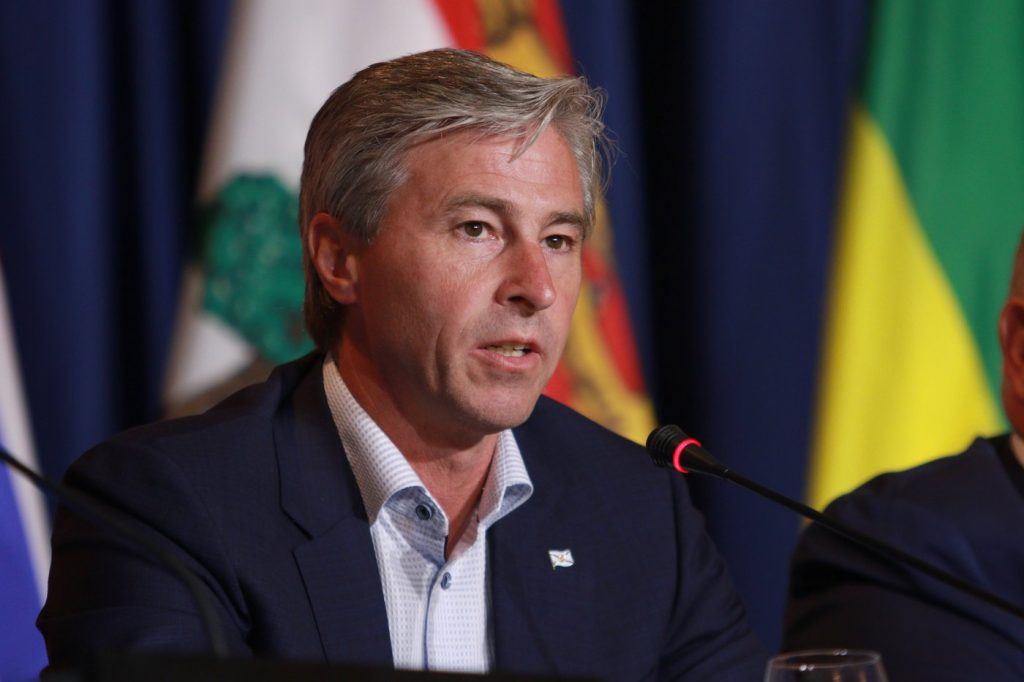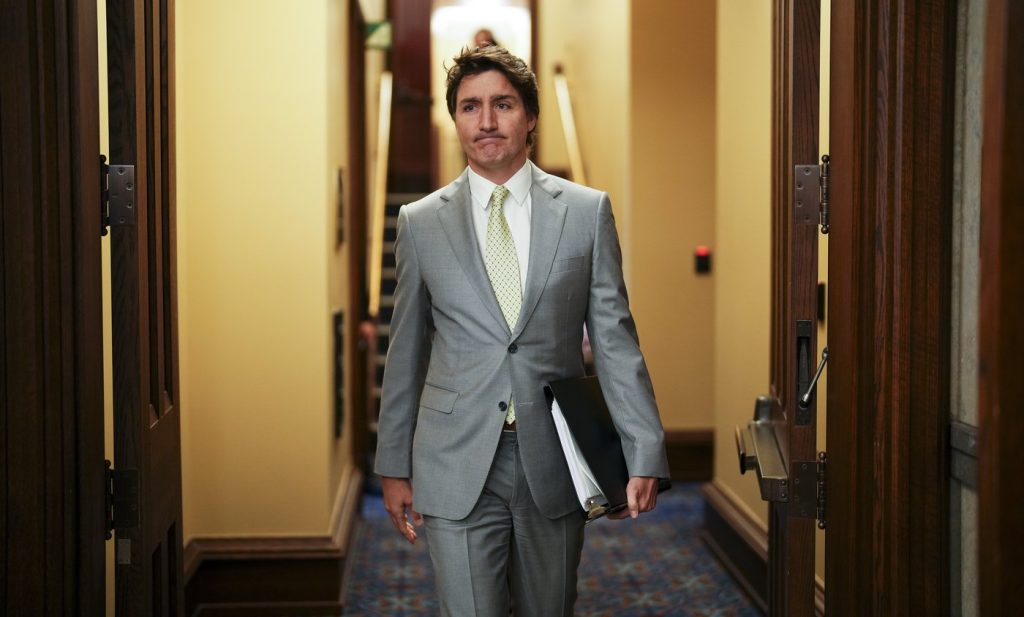Election officer was wrong to tell N.S. Liberals to remove campaign signs, judge says

Posted Jun 14, 2024 02:12:50 PM.
Last Updated Jun 14, 2024 04:01:56 PM.
HALIFAX — A Nova Scotia Supreme Court judge has ruled the province’s top election official should not have ordered the Liberal party to remove campaign signs during a byelection last year.
A decision released Friday found chief electoral officer Dorothy Rice had no authority to tell the provincial Liberals to take down signs she found misleading, or to publicly announce an RCMP investigation when the party refused.
“No reasonable interpretation of the CEO’s investigation powers could lead to the conclusion that she had the power to order materials removed, or to announce the commencement of a police investigation in these circumstances,” Justice Josh Arnold wrote.
The issue stems from a complaint made last July by the Progressive Conservative party during a provincial byelection in the riding of Preston, outside Halifax. During the campaign, the Liberals put up signs claiming Premier Tim Houston’s Progressive Conservative government was doing nothing to stop plans for a new dump in the area.
The Tories complained to the chief electoral officer that the signs were misleading, and Rice agreed. On Aug. 1, she wrote to the Liberals and accused them of “fabricating an issue that currently does not exist.”
According to Rice, the Liberal party had contravened a section of the Elections Act that prohibits making “a false statement of fact about a candidate’s character or conduct for the purpose of influencing the election.” She ordered the Liberals to take down their signs by midnight on Aug. 3, and to stop distributing flyers on the subject.
The Liberals refused, and on Aug. 3, Rice published a press release announcing that Elections Nova Scotia had called in the RCMP to investigate the issue. She said the matter could be referred to provincial prosecutors.
The court ruling points out that the chief electoral officer can announce the outcome of a police investigation, but not the beginning of one, to prevent investigations from affecting election campaigns. “The announcement by the CEO here, made less than a week before the election … was, in my view, exactly the type of public statement the Elections Act seeks to avoid — one that risks impacting the campaign, but which is ultimately unjustified,” Arnold wrote.
The judge found the Elections Act prohibits making false statements about a candidate’s “personal character or conduct,” but does not give the chief electoral officer “broad supervisory power over political speech, false or otherwise.”
Twila Grosse, the PC candidate, easily won the byelection on Aug. 8. Liberal candidate Carlo Simmons came in third behind the NDP. The seat had been vacated by Liberal Angela Simmonds in April 2023.
Rice ended the police investigation on Sept. 8, but the Liberals filed for judicial review three days later. The chief electoral officer argued the affair was moot, but the judge disagreed. “The interpretation of the CEO’s powers … will be pertinent to every future election, particularly now that a precedent for its use has been set,” he wrote.
In a statement Friday, Rice said she accepts the findings. “We will carefully review the ruling and apply it going forward,” she said.
Liberal Leader Zach Churchill said he is “pleased — but not surprised” by the ruling. “It is our hope that this decision will prevent this from happening again in the future,” he said in a statement.
This report by The Canadian Press was first published June 14, 2024.
— By Maura Forrest in Montreal
The Canadian Press








